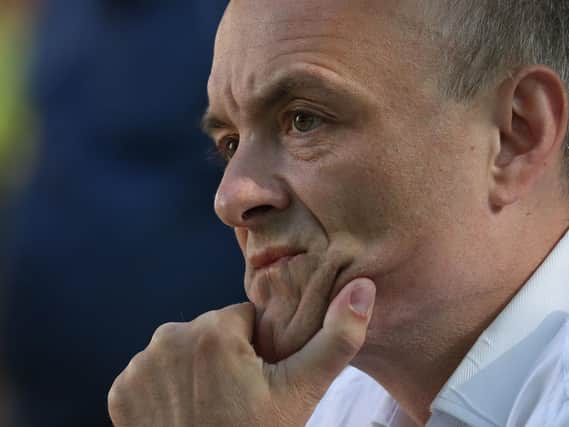Dominic Cummings' intervention was magnificently Machiavellian - Matthew Flinders


My expectation would be that after a degree of snorting and harrumphing the Prime Minister would have let out a great sigh of relief. The appearance did not unleash the napalm that was expected, and last week’s announcement of an official inquiry had already created a valuable defensive shield.
So what did we learn? A summary answer might suggest: 1) the government failed; 2) the Prime Minister is not fit for office; 3) the Secretary of State for Health ‘should have been fired’; 4) when it came to lockdowns the UK did not hit the panic button earlier enough; and 5) when ministers and officials went to the file labelled ‘Masterplan in Case of Pandemic’ they found that it was empty.
Advertisement
Hide AdAdvertisement
Hide AdThis is, of course, the ‘world-as-was’ according to Dominic Cummings but the general impression was of a central machine operating halfway between a classic episode of Yes, Minister and something nearer The Thick of It. The ‘crazy day’ in March 2020, for example, involved a bizarre cocktail of trying to get a grip on the pandemic, news that President Trump wanted to launch a bombing campaign in the Middle East and the Prime Minister’s fiancée (allegedly) kicking-up a fuss about a newspaper story about her new dog potentially being the focus of a reshuffle.
But this was not just political theatre – it was political pugilism. The first public round of a blame game that is likely to run and run and run. Those observers and analysts who dig too deep into the detail of Wednesday’s evidence session may well find themselves unable to see the wood for the trees; too close to the detail, too distant from the strategic manoeuvring and machinations that really need to be revealed.
It was not an evidence session in anything like the traditional sense of a select committee hearing. It was Dominic Cummings engaging in what political scientists would refer to as ‘anticipatory accountability’ by attempting to define and frame the debate in ways that seek to engender trust and respect while also pointing the finger of blame elsewhere.
This was Cummings at his most magnificent and Machiavellian: a quite beautiful case study in the art of planting seeds and setting traps. The fox is good at avoiding traps, the lion good at getting out of traps – as Machiavelli wrote - but it takes a very rare political animal to set a snare with quite the guile and cunning that Cummings achieved.
Advertisement
Hide Ad